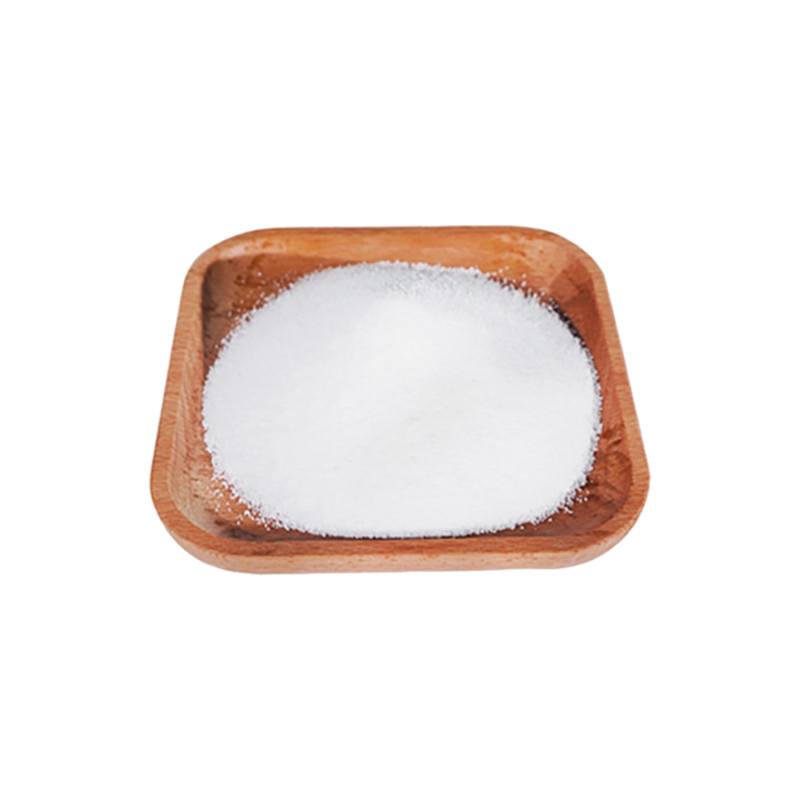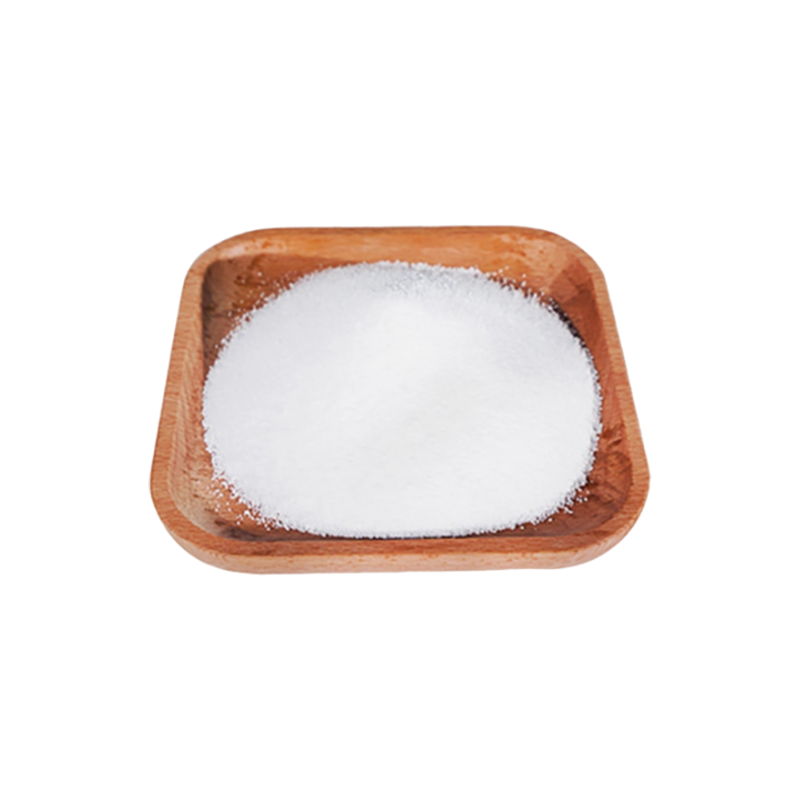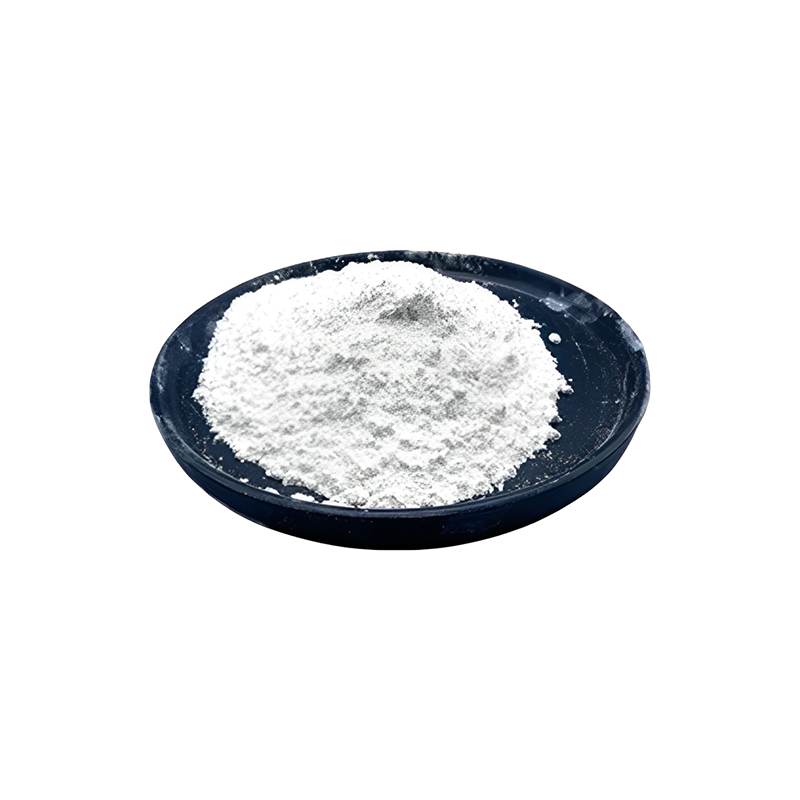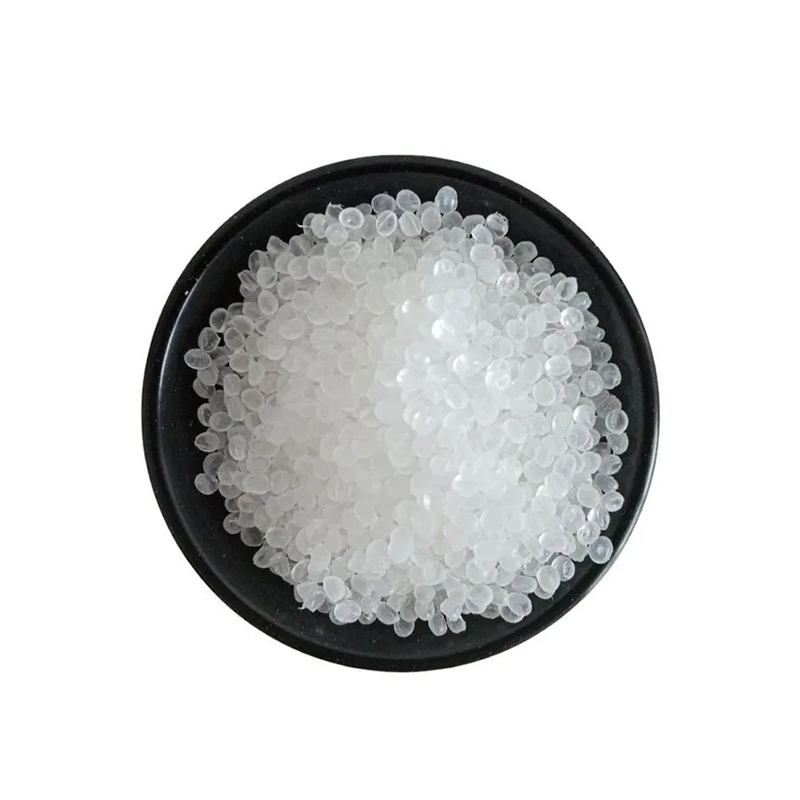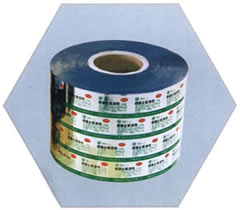Q
how lithium polymer batteries work
I'm a seasoned industrial engineer with a keen interest in machine learning. Here to share insights on latest industry trends.
I'm a seasoned industrial engineer with a keen interest in machine learning. Here to share insights on latest industry trends.
You May Like
Zircon is a versatile and durable gemstone, measuring 7.5 on the Mohs scale, which makes it suitable for everyday wear with some precautions. Its hardness enables it to withstand scratches and daily wear to a large extent. However, like all gemstones, it is not immune to damage. Zircon can chip or crack upon impact, and exposure to harsh chemicals or extreme temperatures should be avoided to maintain its brilliance and color. It’s best to remove zircon jewelry during heavy physical activity or when using harsh chemicals. Regular cleaning with mild soap and water will keep a zircon shining. With proper care, zircon jewelry can be a beautiful and lasting everyday accessory.
Zirconia can be worn every day. but you should keep in mind that. although it is relatively hard. it can scratch and break. As a consequence. we recommend taking precautions when exercising. gardening. or doing housework that may damage zircon. Zircon should also not be exposed to harsh chemicals or extreme temperatures.
Fish emulsion is indeed beneficial for grass and can promote healthy growth. This organic fertilizer is made by processing fish waste and byproducts, which are rich in nitrogen, phosphorus, and potassium, essential nutrients for plant health. Nitrogen, in particular, encourages lush green foliage, making it ideal for lawns. Fish emulsion also contains trace minerals and amino acids that help in root development and overall plant vigor. Its low odor compared to fresh fish makes it more appealing for residential use. However, it's important to apply it correctly to avoid over-fertilization. Typically, dilution with water and application during the growing season are recommended. Overall, using fish emulsion on your lawn can lead to a healthier, greener, and more resilient turf.
Sodium lauryl sulfate (SLS), a popular surfactant and wetting agent, is extensively used in China's manufacturing sectors, particularly in personal care products, such as shampoos and toothpastes, and in industrial detergents. SLS's effectiveness in reducing surface tension between ingredients makes it invaluable for creating a lather that enhances cleaning and spreading capabilities. Despite its widespread use, concerns over potential skin irritation have led to increased demand for milder alternatives in certain markets. China, a significant global chemical producer, continues to supply both domestic and international markets with SLS. Manufacturers and consumers looking for SLS or its alternatives should pay attention to product specifications and skin sensitivity issues while also considering environmental sustainability practices of the suppliers.
You May Like
Q&A
- •does fiber help constipation
- •what is the strongest resin
- •which amino acid matches which blood type
- •is polypropylene fabric durable
- •is thyroid hormone an amino acid derivative
Popular Information
- •Budget 2018: Non-ferrous metals sector wants govt to reduce import duty on raw materials
- •Industrial activity decelerates, says Reserve Bank
- •Chandra Asri appointed licensor for EDC plant in USA
- •PetroChem Summit 2024: Breaking barriers to value addition in Indian petrochemicals
- •On July 24th, the Spot Market Price of PVC Slightly Decreased








